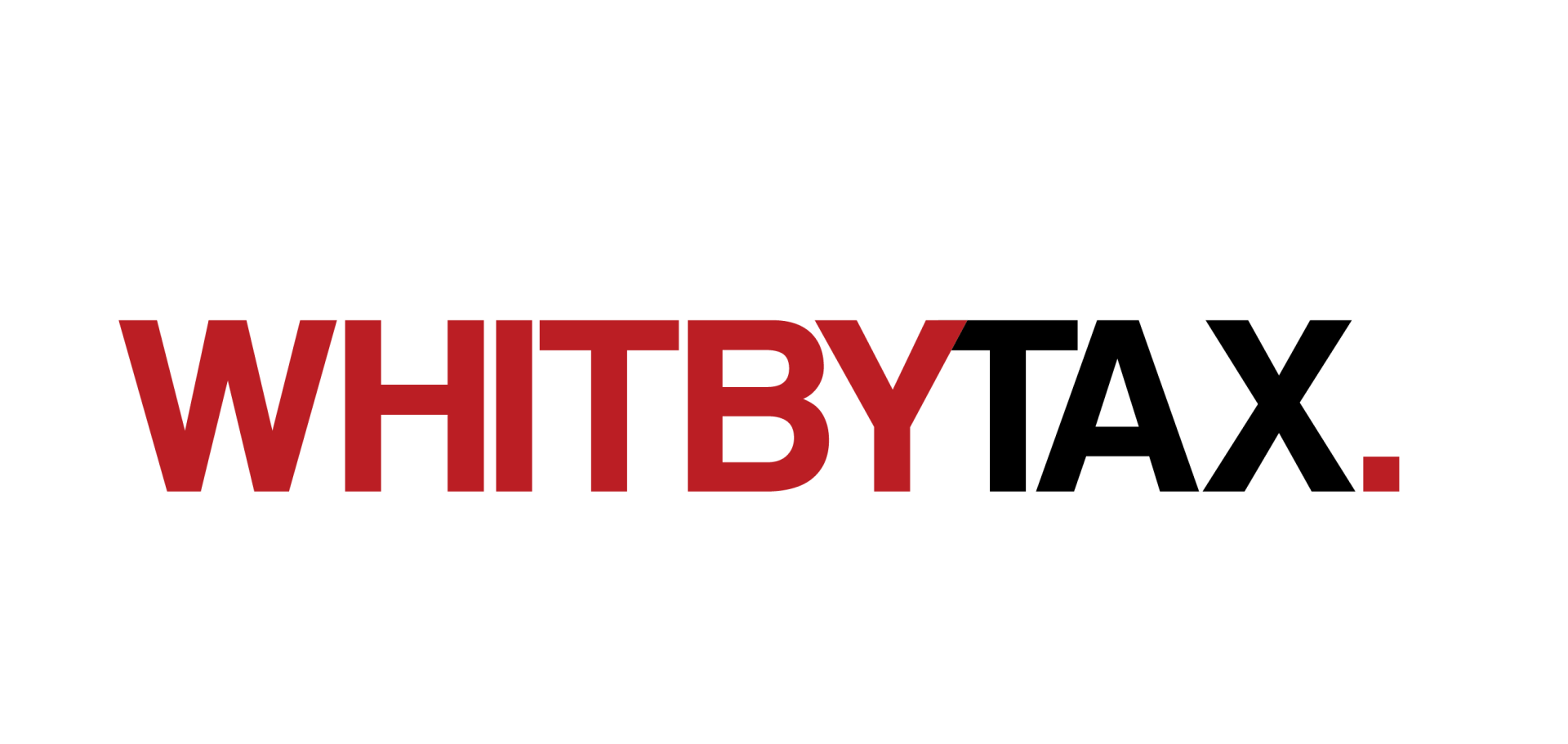Understanding Small Business Tax Rates Canada

Running a small business in Canada can be a rewarding venture, but it also comes with its fair share of responsibilities. One of these is understanding and fulfilling your tax obligations. As a small business owner, you may find yourself asking, "What percentage does a small business pay in taxes in Canada?" This article aims to provide clarity on this topic and help you navigate the complex world of business taxes in Canada.
Understanding Business Taxes in Canada
The first step to understanding your tax obligations as a small business owner is to grasp the different types of taxes that you may be required to pay. These include income tax, Goods and Services Tax/Harmonized Sales Tax (GST/HST), payroll taxes, and provincial sales taxes.
Income tax is levied on your business profits. The GST/HST is a value-added tax applicable on most goods and services sold or provided in Canada. Payroll taxes are deducted from employees' wages for programs like Employment Insurance (EI) and the Canada Pension Plan (CPP). Provincial sales taxes vary by province.
Federal Corporate Income Tax Rates for Small Businesses
The federal corporate income tax rate for small businesses in Canada is generally lower than that for larger corporations. As of 2021, the federal small business tax rate is 9%. However, this rate only applies if your company qualifies as a Canadian-controlled private corporation (CCPC). To qualify as a CCPC, more than 50% of your company's shares must be owned by Canadian residents.
It's important to note that this 9% rate applies only to active business income up to $500,000. Any income beyond this threshold is taxed at the general corporate rate of 15%.
Provincial Corporate Income Tax Rates
In addition to federal corporate income tax, businesses also have to pay provincial or territorial corporate income tax. The rates vary by province or territory. For instance, in Ontario, the small business tax rate is 3.2%, while in British Columbia, it's 2%. The combined federal and provincial tax rates for small businesses range from 11% to 15%, depending on the province or territory.
GST/HST and Provincial Sales Taxes
The GST is a federal tax that applies to most goods and services sold or provided in Canada. The current GST rate is 5%. However, some provinces combine the GST with a provincial sales tax to create the HST. The HST rates range from 13% to 15%, depending on the province.
If your business provides taxable supplies and has revenues exceeding $30,000 over four consecutive calendar quarters, you must register for a GST/HST account.
Payroll Taxes
As an employer, you're required to deduct payroll taxes from your employees' wages and remit them to the Canada Revenue Agency (CRA). These deductions include CPP contributions, EI premiums, and income tax.
The CPP contribution rate for employers is currently 5.45% of an employee's gross salary up to a maximum annual limit. The EI premium rate is 2.21% up to a maximum annual limit.
Understanding your tax obligations as a small business owner in Canada can be complex due to the different types of taxes and varying rates across provinces and territories. However, with careful planning and professional advice, you can ensure that your business remains compliant with all its tax obligations.
Remember that while taxes may seem burdensome at times, they also contribute towards building a stronger economy and society at large.
It’s crucial for every small business owner in Canada to understand their specific taxation requirements based on their location and nature of their business operations. With this knowledge, you can effectively plan your finances and ensure the smooth running of your business.











